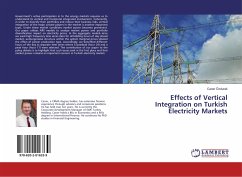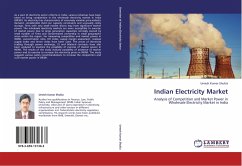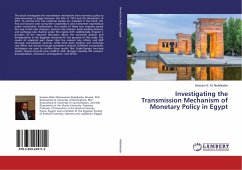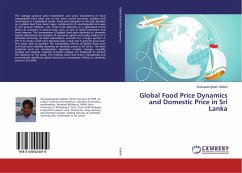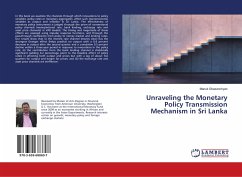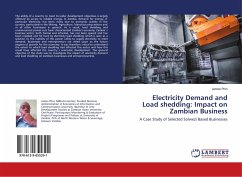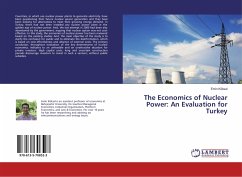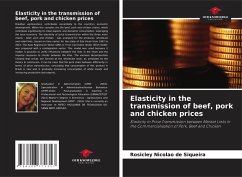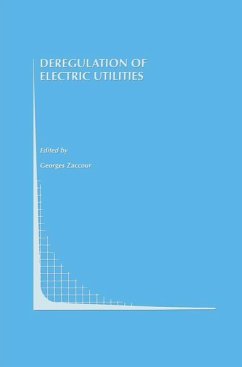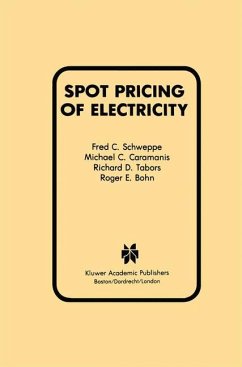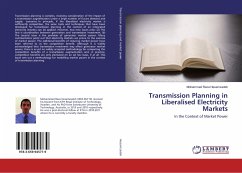
Transmission Planning in Liberalised Electricity Markets
In the Context of Market Power
Versandkostenfrei!
Versandfertig in 6-10 Tagen
43,99 €
inkl. MwSt.

PAYBACK Punkte
22 °P sammeln!
Transmission planning is complex, involving consideration of the impact of a transmission augmentation under a large number of future demand and supply scenarios. In principle, if the liberalised electricity market is sufficiently competitive, the same tools and techniques that have been developed for transmission planning in the context of an integrated electricity industry can be applied. However, two new issues arise: (a) The first is coordination between generation and transmission investment. (b) The second issue is the problem of generator market power. Many commentators point out that e...
Transmission planning is complex, involving consideration of the impact of a transmission augmentation under a large number of future demand and supply scenarios. In principle, if the liberalised electricity market is sufficiently competitive, the same tools and techniques that have been developed for transmission planning in the context of an integrated electricity industry can be applied. However, two new issues arise: (a) The first is coordination between generation and transmission investment. (b) The second issue is the problem of generator market power. Many commentators point out that electricity markets are prone to the exercise of market power. The additional benefits of reducing market power have been referred to as the competition benefit. Although it is widely acknowledged that transmission investment may affect generator market power, there is as yet no widely accepted methodology for computing the competition benefits of a transmission augmentation and, in practice,competition benefits are only estimated on an ad hoc basis, if at all. This book sets out a methodology for modelling market power in the context of transmission planning.



